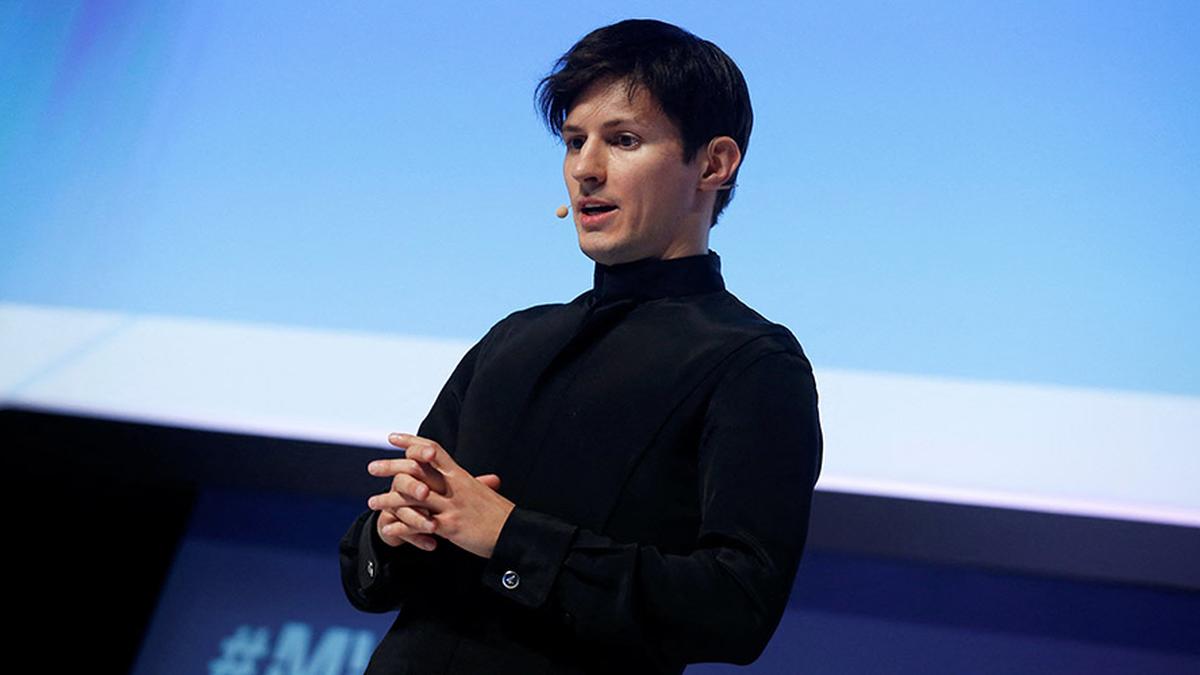Pavel Durov, the founder and CEO of the messaging app Telegram, was arrested in France and charged with “complicity in managing an online platform to allow illicit transactions by an organised group.” The charges stem from allegations that Telegram is being used for criminal activity, including child sexual abuse material and drug trafficking.
A Clash of Freedom and Control
The case highlights the complexities of regulating online platforms, particularly those with a global reach like Telegram. French authorities argue that Telegram has failed to adequately address criminal activity on its platform and has refused to cooperate with investigators. They point to the “near total absence of a response by Telegram to judicial requests” for data related to criminal investigations.
However, free speech advocates and even authoritarian governments like Russia and Iran have voiced concerns over Durov’s arrest, arguing that it is a threat to freedom of expression. These entities view Telegram as a haven for dissent and critical discourse, especially in countries with strict censorship laws.
The Double Standard of Free Speech
The case raises questions about the double standards of free speech in different parts of the world. While Western governments criticize platforms like Telegram for failing to moderate content effectively, they also face scrutiny for their own aggressive approaches to content control.
Russia, a country with a history of censorship and online crackdowns, has criticized France’s actions against Durov as a politically motivated move. This is ironic considering Russia’s own efforts to block Telegram in 2018 due to its refusal to comply with government requests for user data.
Similarly, Iran, where Telegram is widely used despite being officially banned, has praised France’s “strictness” against those who “violate your governance” of the internet.
These contrasting perspectives illustrate the tension between the desire for online freedom and the need to curb criminal activity.
The Evolution of Telegram and its Founder
Telegram has evolved into a significant platform for communication, particularly in countries with restrictive online environments. This is in part due to its founder’s own experience with censorship and his commitment to user privacy.
Durov, a Russian entrepreneur and coder, founded Telegram in 2013 after facing pressure from the Russian government for his role in VKontakte, a popular Russian social media platform he had founded in 2006. Durov resisted attempts to censor content and release user data to Russian authorities, ultimately selling his stake in VKontakte and leaving Russia.
Telegram’s emphasis on privacy and security has made it popular among those seeking to evade surveillance and censorship. It also serves as a crucial source of information in countries like Ukraine, where both media outlets and officials use it to share information on the war.
Durov’s Complex History and Citizenship
Durov’s unique biography and his multiple citizenships add another layer of complexity to his case. He holds citizenships in France, Russia, the United Arab Emirates, and the Caribbean island nation of St Kitts and Nevis.
This multi-national background raises questions about jurisdictional issues and legal protections for Durov. While Russia has expressed willingness to assist him, the UAE has also intervened, asking France to provide consular services. The interplay of multiple countries involved adds to the complexity of the legal proceedings and the potential for international disputes.
Balancing Freedom and Security in the Digital Age
The case of Pavel Durov and Telegram highlights the ongoing struggle to balance online freedom with security and law enforcement. As digital platforms become increasingly influential and essential for communication, this balance will only grow more critical.
Take Away Points:
- The arrest of Pavel Durov raises questions about the limits of free speech on social media platforms.
- The case highlights the tensions between countries with different approaches to online regulation and censorship.
- Durov’s history as an advocate for user privacy and his multiple citizenships add complexities to the case.
- The outcome of Durov’s case will have implications for other online platforms and their relationship with governments.
- The case underscores the challenges of navigating the digital age, balancing free speech with the need to combat criminal activity.




